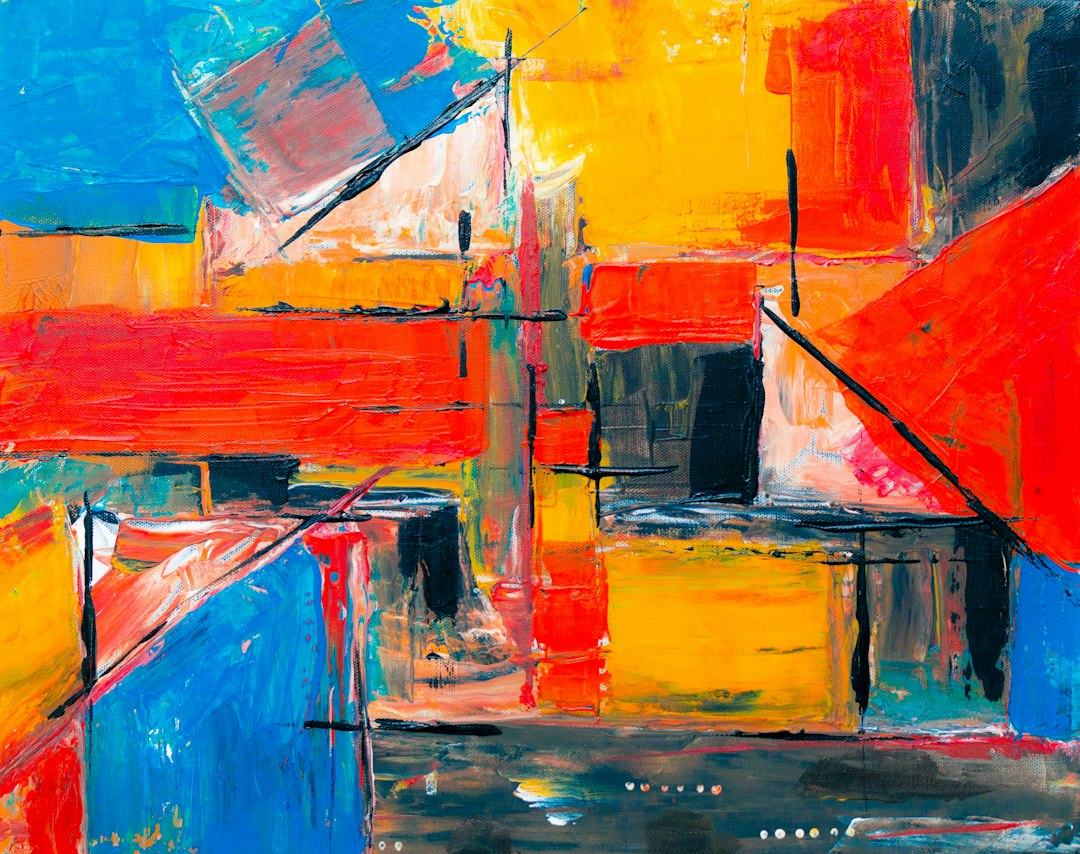Reviving Heritage: Celebrating Cultural Diversity through Wall Art
Wall art has become an increasingly popular means of celebrating and reviving cultural heritage across the globe. From vibrant murals on the streets of Rio de Janeiro to intricately detailed frescoes adorning European cathedrals, wall art has the power to showcase the beauty and diversity of our world’s cultural tapestry. This article will explore how wall art is being used as a medium to celebrate and preserve cultural identity and diversity.
In today’s fast-paced world, many traditions and cultural practices are at risk of being forgotten. However, through the creation of wall art, communities can breathe new life into their cultural heritage. By showcasing distinctive symbols, traditional motifs, and historical events, wall art acts as a visual reminder of the significance and history of a particular culture. It helps communities reconnect with their roots, fostering a sense of pride and belonging.
One notable example of celebrating cultural diversity through wall art is the vibrant street art scene in Buenos Aires, Argentina. The city is renowned for its rich cultural heritage, and street artists have utilized this medium to portray themes of history, identity, and social issues. From stunning portraits of influential figures like Evita Perón to murals depicting indigenous beliefs and traditions, these works of art serve as a constant reminder of Argentina’s complex and multifaceted past.
In addition to preserving and reviving cultural heritage, wall art also plays a role in redefining public spaces. Empty walls and blank facades can be transformed into visually striking pieces of art, adding color, vibrancy, and personality to a neighborhood or city. This not only beautifies the urban landscape but also contributes to a sense of community and connection. Walls once ignored or neglected become destinations for tourists and locals alike, sparking conversations and encouraging a deeper appreciation for cultural diversity.
Furthermore, wall art serves as a powerful tool for promoting inclusivity and bridging cultural divides. Take, for instance, the Walled Off Hotel in Bethlehem, Palestine. This unique hotel, created by renowned street artist Banksy, features politically charged murals that shed light on the Israeli-Palestinian conflict. Through art, the hotel conveys a message of peace, unity, and the desire for cultural understanding. It demonstrates how wall art can transcend language barriers, creating a universal language that speaks to people’s emotions and humanity.
In conclusion, wall art provides an avenue for celebrating cultural diversity and reviving heritage. Through its visually captivating nature, it preserves traditions and promotes a sense of identity, while also transforming public spaces and fostering connections between communities. As we continue to embrace the power of wall art, it is essential to recognize its role in shaping and celebrating cultural diversity worldwide. So, the next time you encounter a breathtaking mural or painted wall, take a moment to appreciate the stories it tells and the cultural history it helps preserve.


